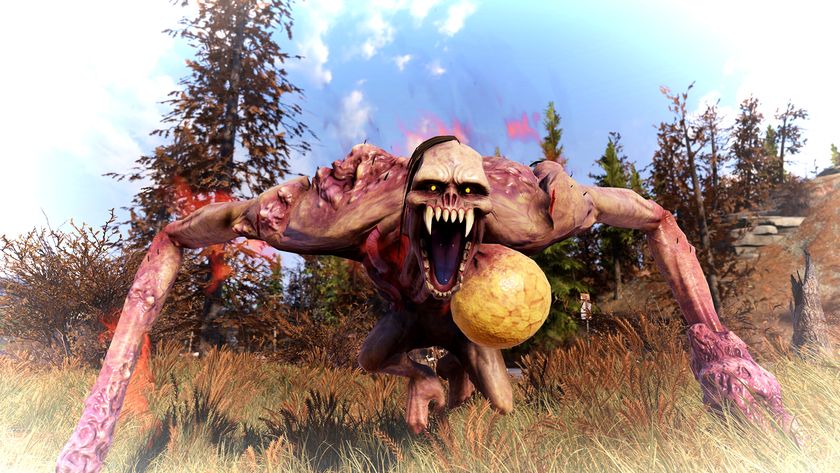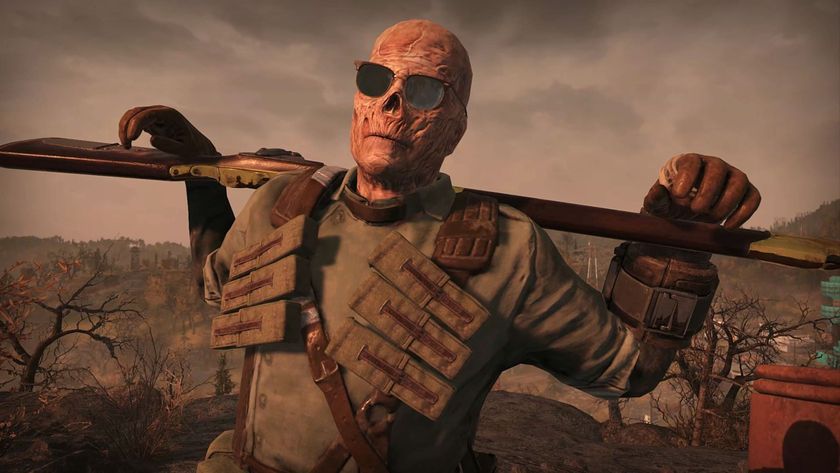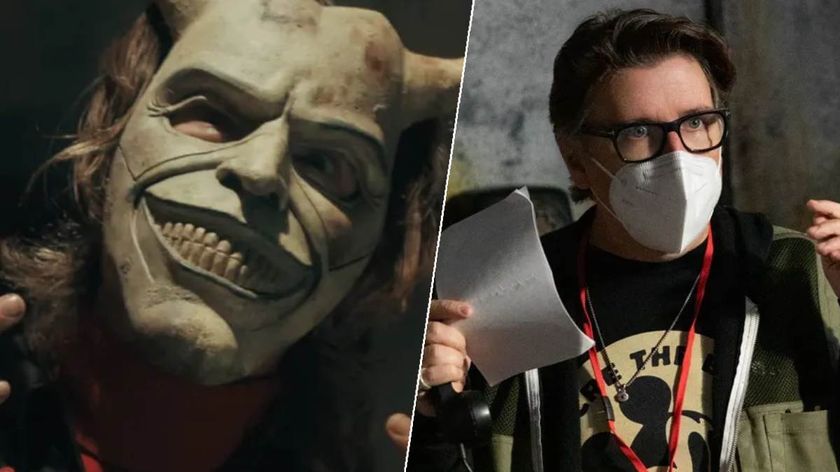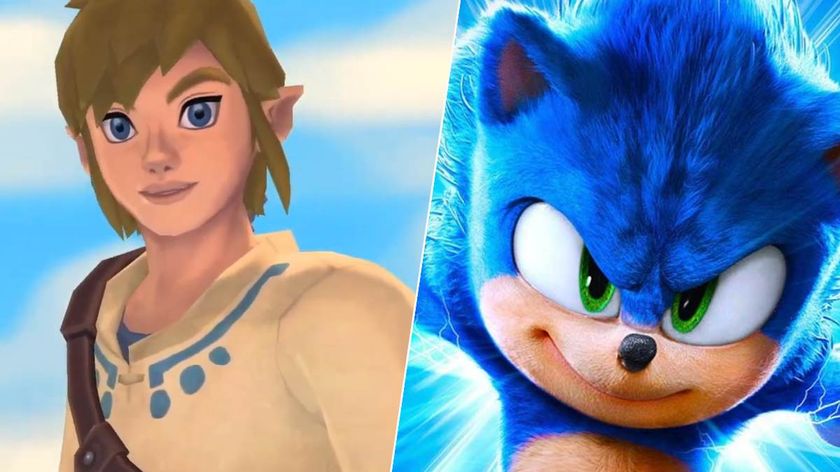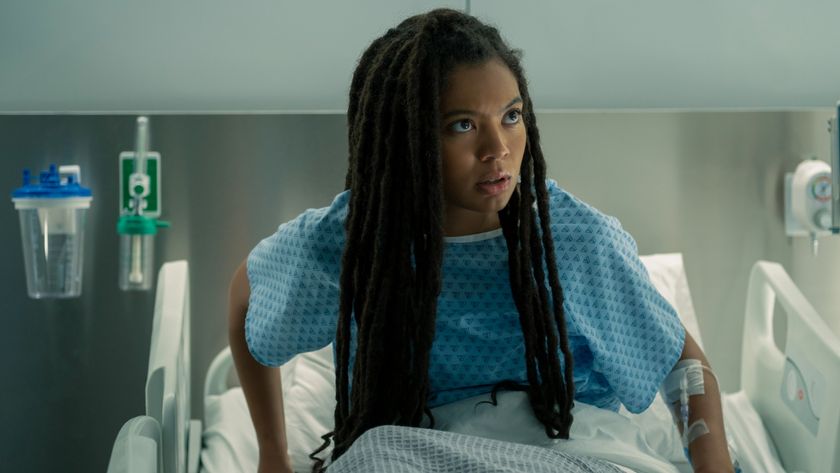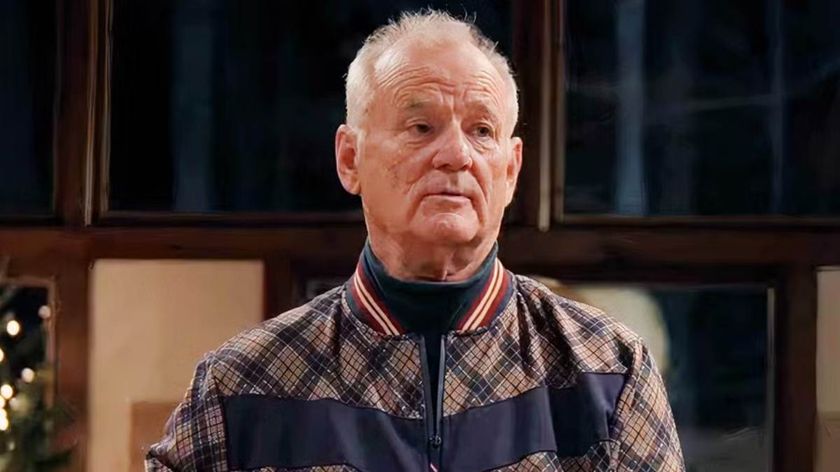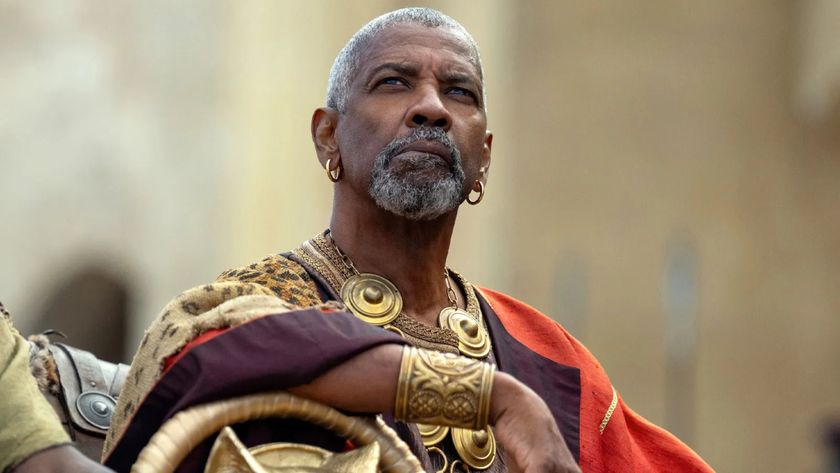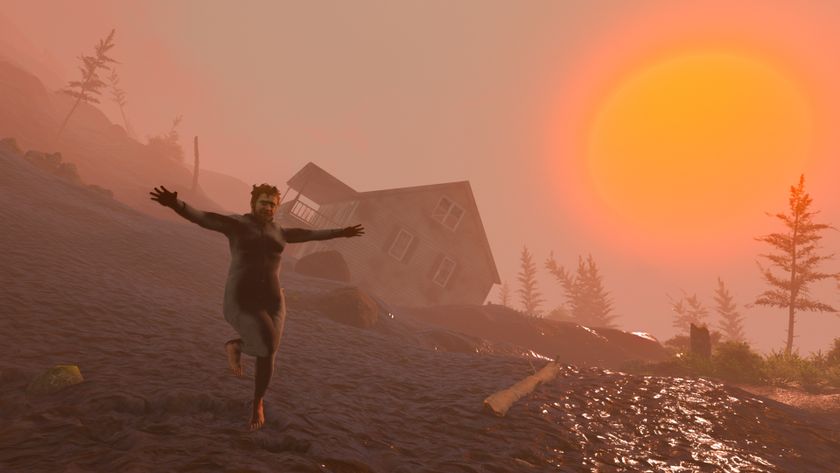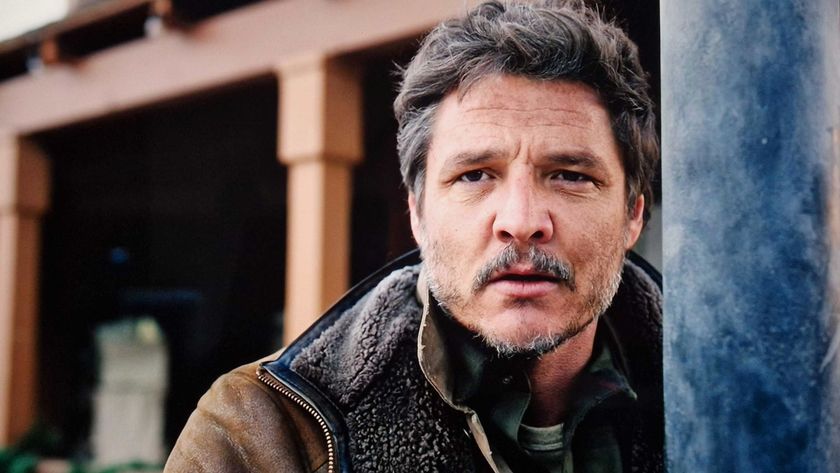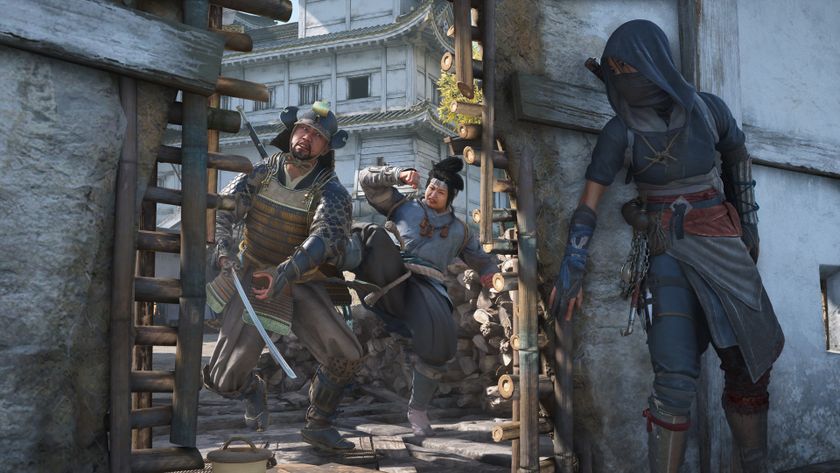Fallout's co-creator was "convinced" the cancelled OG Fallout 3 could've shipped and been "a really good game" in 18 months, but money troubles got in Interplay's way
Fallout Van Buren was coming along cleanly
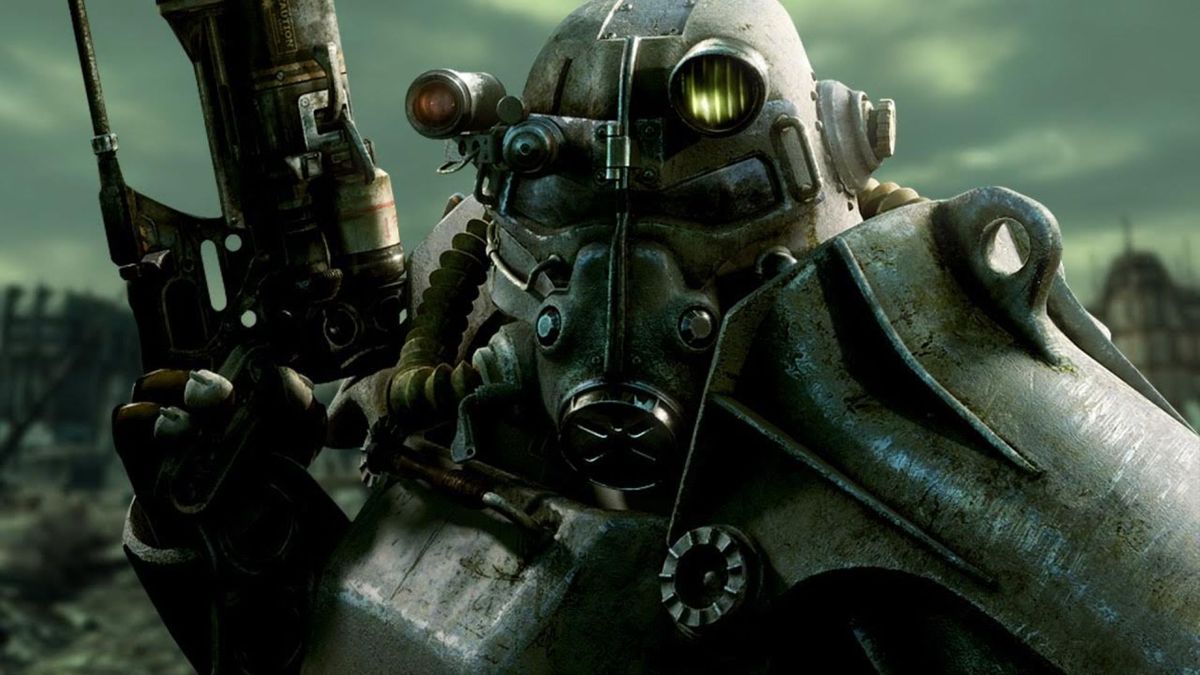
Veteran developer Tim Cain continues his valiant effort to pull back the curtain on old-school RPG history with a new vlog detailing the cancellation of the original Fallout 3. According to Cain, the main villain in this story wasn't mismanagement, evil executives, or an inexperienced team - it was the same thing that's plagued us all: "money."
Tim Cain has been diving into RPG history in a series of YouTube blogs for a while now, and he's uniquely qualified to speak on such topics as his heavyweight career spans Interplay, where he co-created Fallout; Troika, where he worked on Vampire: The Masquerade - Bloodlines; and Obsidian, where he co-directed The Outer Worlds.
Despite having a heavy hand in creating the post-apocalyptic series, Cain's "last involvement" with Fallout came from contributing to the cancellation of Fallout Van Buren - the original, codenamed Fallout 3 - in 2003. After leaving the studio, a vice president at developer Interplay supposedly asked Cain to return for a day to play a mysterious prototype (Fallout Van Buren) before giving an estimate of how long the team would need to complete it.
Cain agreed, asked the developers questions, played the prototype, and came to a conclusion. "I'm convinced in 18 months you could have a really good game shipped," he supposedly told the Interplay vice president. "Even if you did a death march crunch, I don't think you could do it faster than 12 [months] - and then you'd be shipping something unbalanced and buggy, and the team would be destroyed, so I don't recommend that."
Well-documented financial struggles at Interplay made that timeframe unfeasible, however. "Ultimately it comes down to money. They were running out of money. Veep could not afford a development period over six months and, to me, that timeframe was out of the question… Interplay was not doing financially well. They had, I think, posted losses over the previous two years." The VP had then explained to Cain that any answer over six months would result in cancellation, "meaning the answer I just gave got the game canceled."
Cain is keen to stress that there aren't any concrete "villains" here, even though "some people like to make every story have a villain and some of you will now view me as the villain... this is more of an example of what happens in game development and why almost every single question people ask about game development has the same answer: money."
Fallout Van Buren's cancellation didn't lead to any immediate layoffs, but the writing was on the wall, and the company's financial issues eventually led to Bethesda buying the series' rights - the rest is history. Fallout 3 did become a (very different) reality, swapping the isometric perspective for first-person shooting and Bethesda's signature jank. Fast-forward to today and Fallout is more popular than ever after the Amazon Prime TV show.
Sign up to the 12DOVE Newsletter
Weekly digests, tales from the communities you love, and more
Check out the best Fallout games, ranked.
Kaan freelances for various websites including Rock Paper Shotgun, Eurogamer, and this one, Gamesradar. He particularly enjoys writing about spooky indies, throwback RPGs, and anything that's vaguely silly. Also has an English Literature and Film Studies degree that he'll soon forget.
